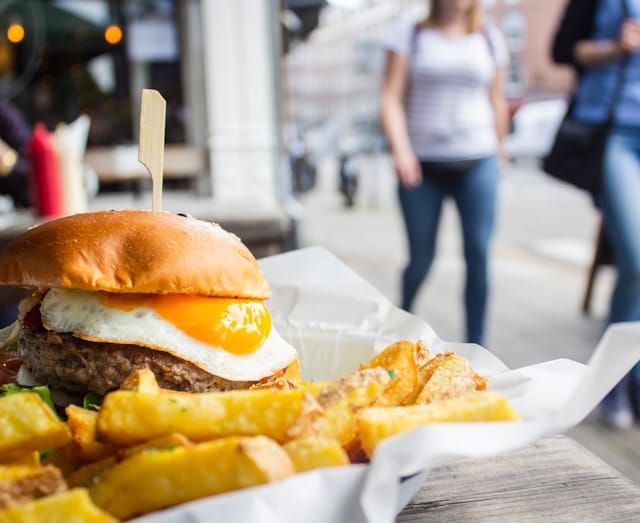When people think of American cuisine, it’s often fast-food burgers, oversized sodas, and a variety of indulgent, calorie-laden options. However, some everyday American foods contain ingredients that are so unhealthy they have been banned in many countries around the world. Here are 28 American food ingredients you might want to reconsider:
1. Brominated Vegetable Oil (BVO)
Commonly found in sodas and sports drinks, brominated vegetable oil is a flame retardant that raises health concerns and is banned in Europe and Japan. Despite pledges from major brands like Coca-Cola and Pepsi to eliminate it, many beverages still contain this harmful additive.
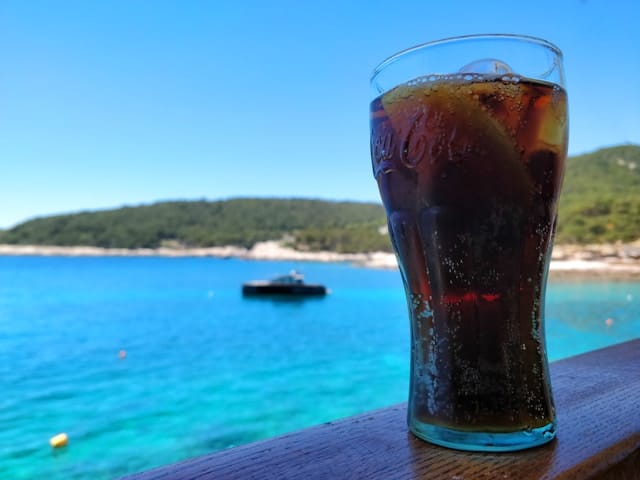
2. rBST Hormone in Dairy
Recombinant bovine somatotropin (rBST) is a hormone used to increase milk production. Its effects on human health remain unclear, but it’s banned in Canada, Australia, and much of Europe due to potential risks.
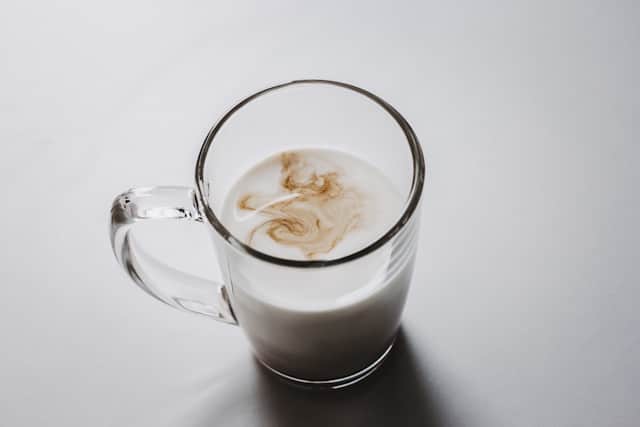
3. Artificial Food Dyes in Mac and Cheese
Boxed macaroni and cheese in the U.S. often includes artificial dyes like Yellow #5 and #6, which have been linked to hyperactivity in children. These dyes are prohibited in Norway and Finland.
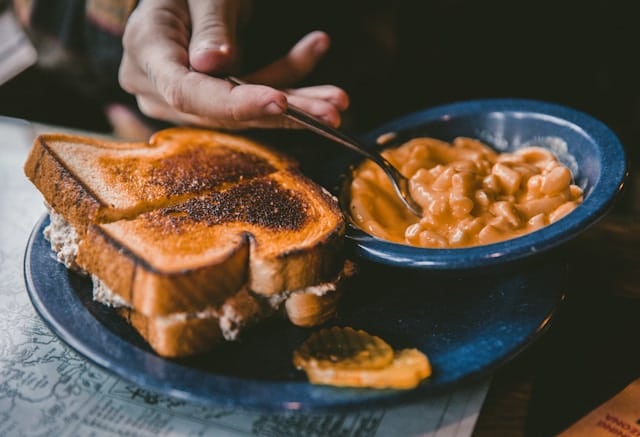
4. Pink Slime in Ground Beef
This controversial beef filler, treated with ammonia, was widely publicized in 2012 and is banned in Canada and the EU due to health concerns surrounding its safety.

5. Genetically Modified Organisms (GMOs)
GMOs remain a contentious topic, with several countries, including much of the EU and Russia, banning specific genetically modified crops like corn and soy from the U.S.
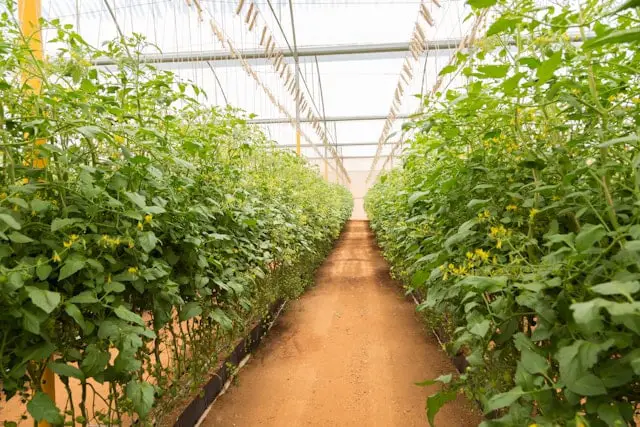
6. Chlorine-Washed Chicken
The U.S. considers chlorine-treated chicken safe, but this practice has been banned in the EU and the UK since 1997 due to health concerns regarding the long-term effects.

7. Ractopamine-Treated Pork
This growth hormone, used to promote rapid weight gain in pigs, is banned in over 160 countries due to its associated health and animal welfare issues.
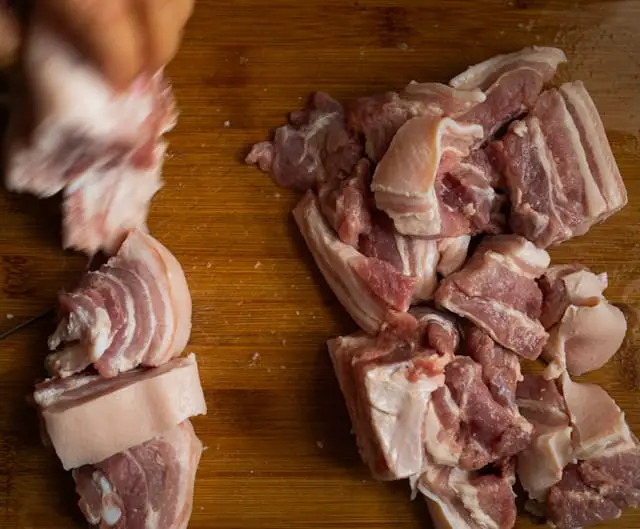
8. Potassium Bromate in Bread
Common in many American bread products, potassium bromate is linked to cancer in animals and is banned in Canada, the EU, and China.
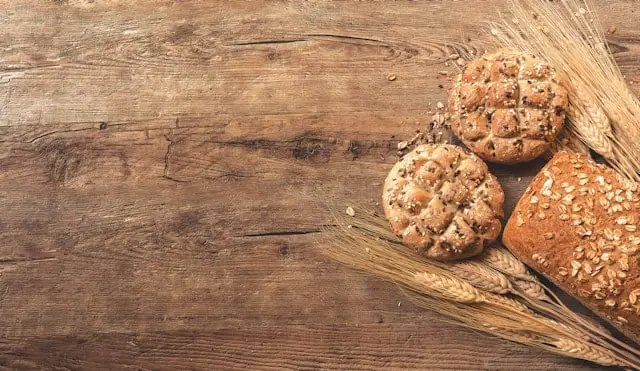
9. Azodicarbonamide in Frozen Foods
This common leavening agent found in bread and frozen meals has been banned in Europe and Australia due to its potential carcinogenic properties.
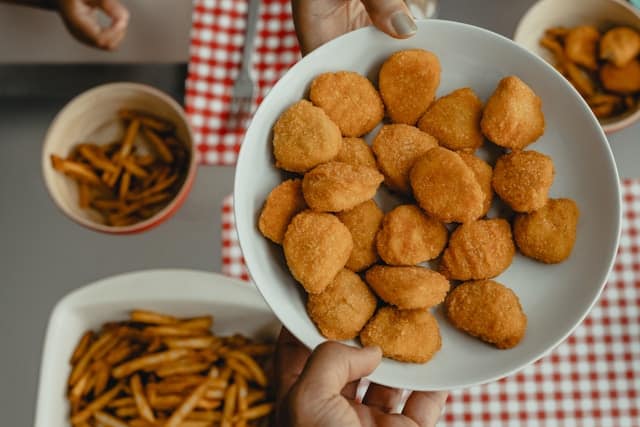
10. Atrazine-Treated Sugar Cane
Atrazine, a hazardous herbicide associated with birth defects, is banned in the European Union due to its environmental and health risks.
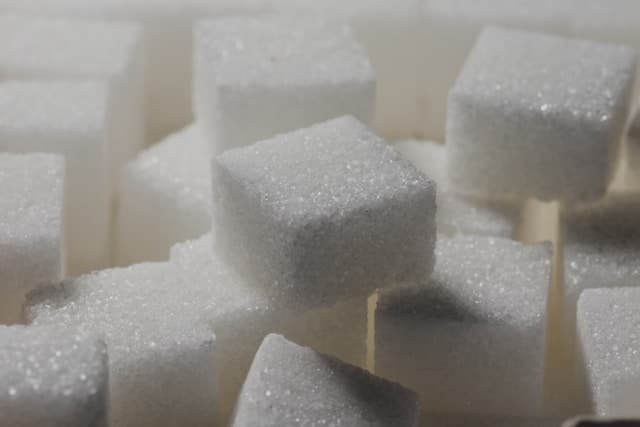
11. Olestra in Fat-Free Snacks
This fat substitute, often found in American fat-free chips, is banned in Canada and Europe due to gastrointestinal side effects and increased appetite.
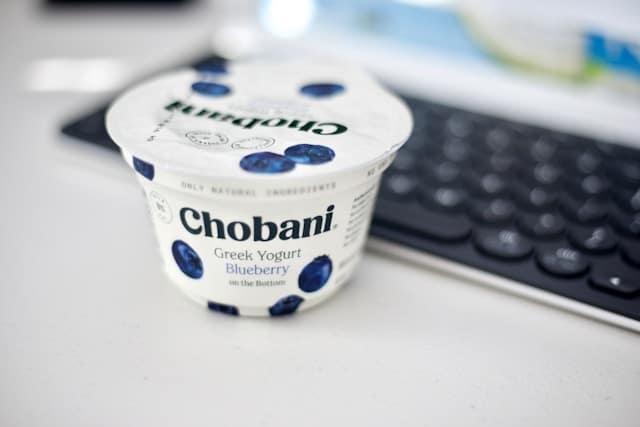
12. BHA in Chewing Gum
Butylated hydroxyanisole (BHA), a preservative used in many chewing gums, is banned in Japan and the UK due to its potential cancer risk.

13. Synthetic Astaxanthin in Farmed Salmon
To enhance the color of farmed salmon, synthetic astaxanthin is fed, but this additive has been banned in Austria and New Zealand due to concerns about its safety on eyesight.
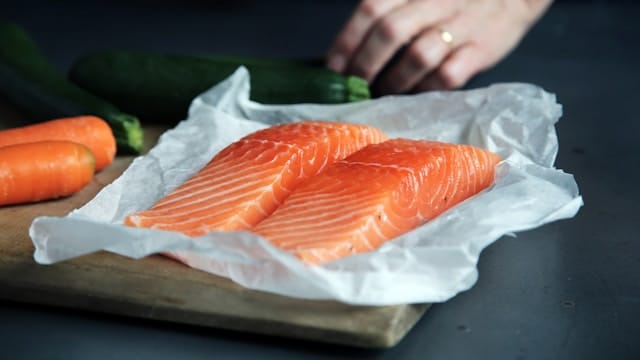
14. Artificial Dyes in Cereal
Fruit Loops, a popular American breakfast cereal, contains artificial dyes that have been banned in countries like Norway, Finland, and France over health concerns.
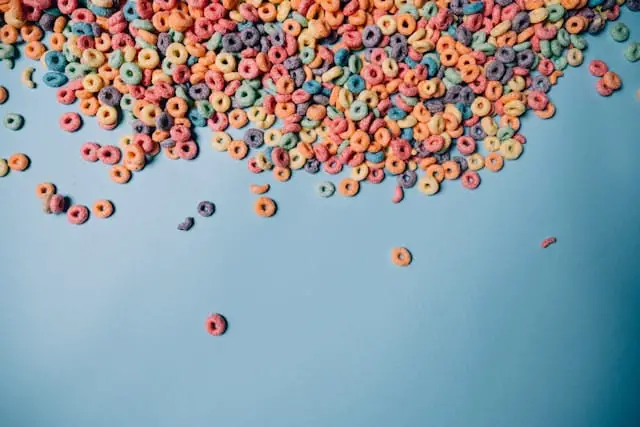
15. Artificial Blueberry Flavoring
Many American products use artificial blueberry flavor derived from petroleum, which is banned in the UK, Norway, and France, where real blueberries are preferred.

16. Artificial Dyes in M&Ms
Unlike their European counterparts, which use natural dyes like red cabbage, American M&Ms contain artificial colorings that are banned in much of Europe.
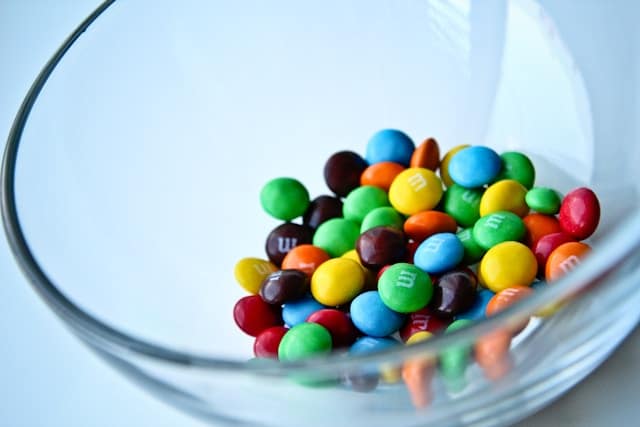
17. Red Dye in Maraschino Cherries
Red Dye 40, used in maraschino cherries in the U.S., is banned in places like France and Denmark due to potential health risks.

18. Waxed Non-Organic Apples
Non-organic apples are often coated with a chemical-laden wax that raises cancer concerns and is banned in the EU because of stricter health regulations.
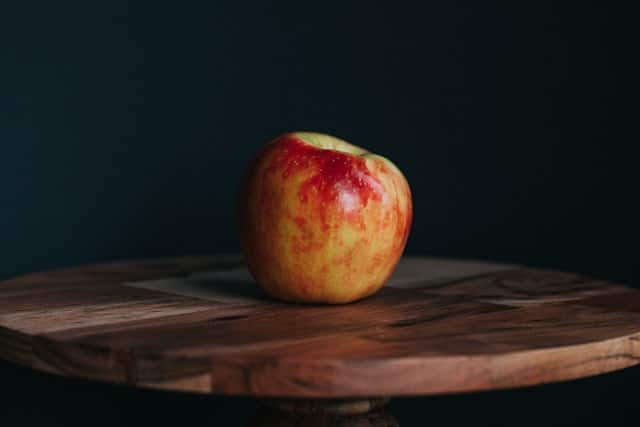
19. Carrageenan in Chocolate Milk
Used as a thickener in American chocolate milk, carrageenan has been banned in the EU for its links to inflammation and heart disease.
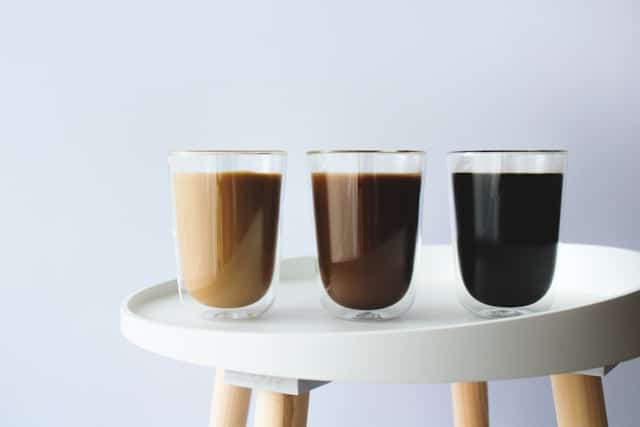
20. Ketchup Restrictions
In 2011, France banned ketchup in school cafeterias, citing its high sugar content, to promote healthier eating habits and protect their national cuisine.

21. BHT in Potato Chips
Butylated hydroxytoluene (BHT), a preservative used in potato chips, is banned in Japan and much of Europe due to its potential carcinogenic effects.
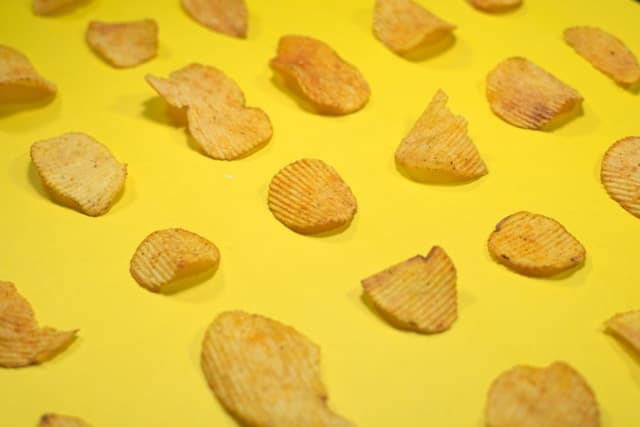
22. rBGH in American Cheese
The growth hormone rBGH, used in dairy production, is linked to various cancers and is banned in 30 countries, including those in Europe.
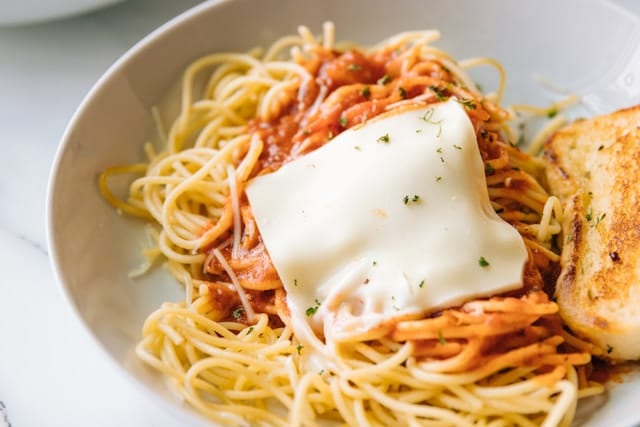
23. Trans Fats in Coffee Creamers
Trans fats in products like Coffee Mate have been associated with heart disease and are banned in countries like Denmark and Switzerland.
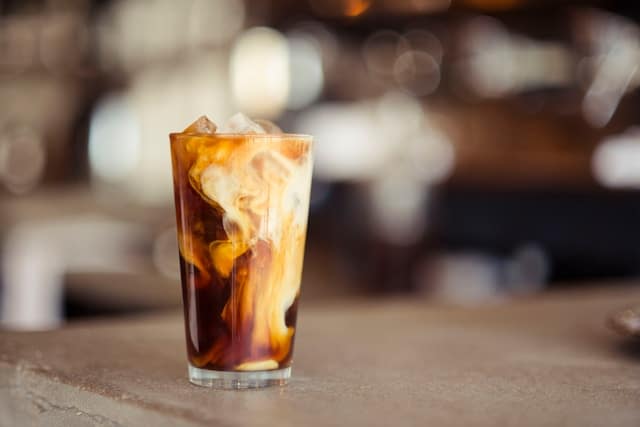
24. High Fructose Corn Syrup (HFCS)
While not fully banned, HFCS is heavily restricted in the EU and the UK due to its connections with obesity and diabetes.
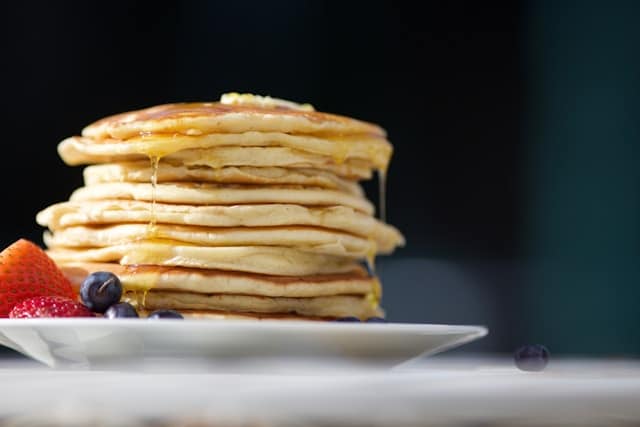
25. Palm Oil in Peanut Butter
Often found in American peanut butter, palm oil is associated with environmental destruction and is banned in several European countries for this reason.
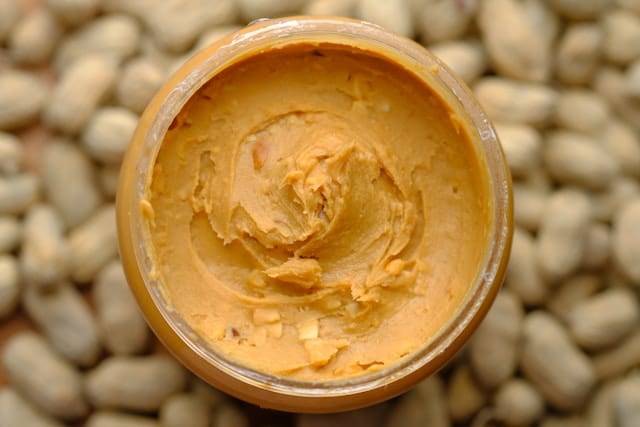
26. Artificial Sweeteners
Many American diet foods use artificial sweeteners that have been banned in the EU since 2017 due to potential health concerns, including cancer and digestive issues.
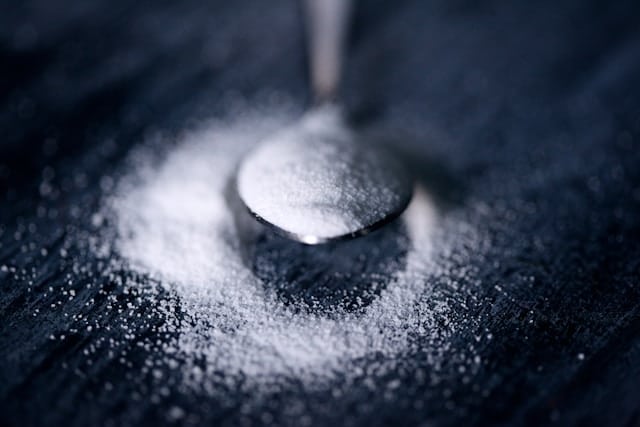
27. Stevia
Though popular in the U.S. as a natural sweetener, Stevia remains banned in the EU and the UK over concerns related to male infertility and long-term health effects.
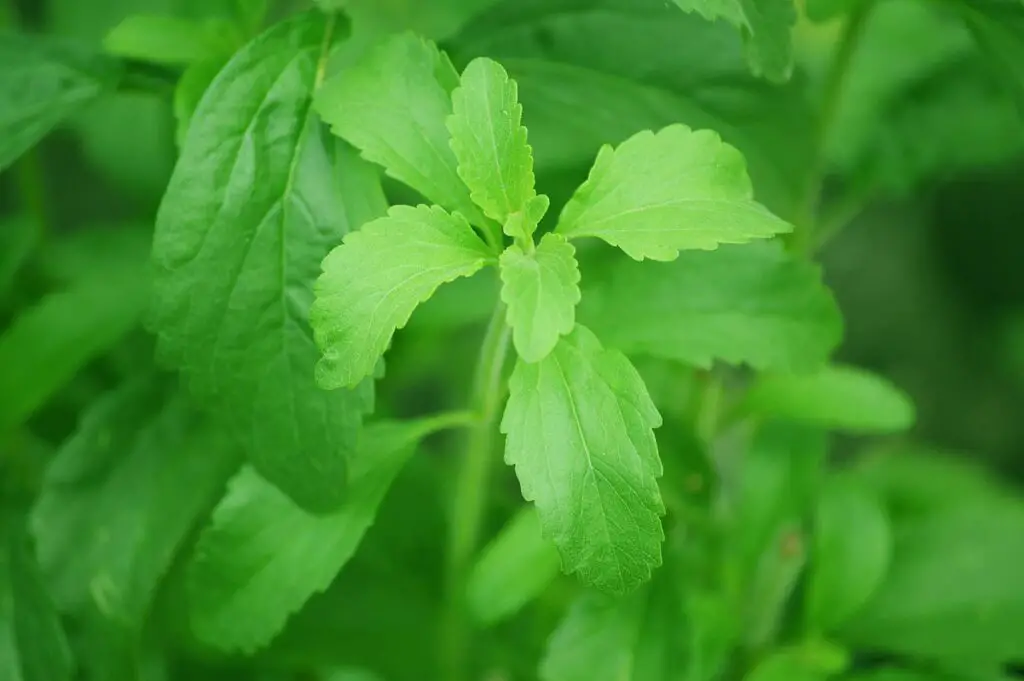
28. Trans Fats in Processed Foods
Common in many processed foods, trans fats are banned across much of the EU and Canada due to their correlation with heart disease.
